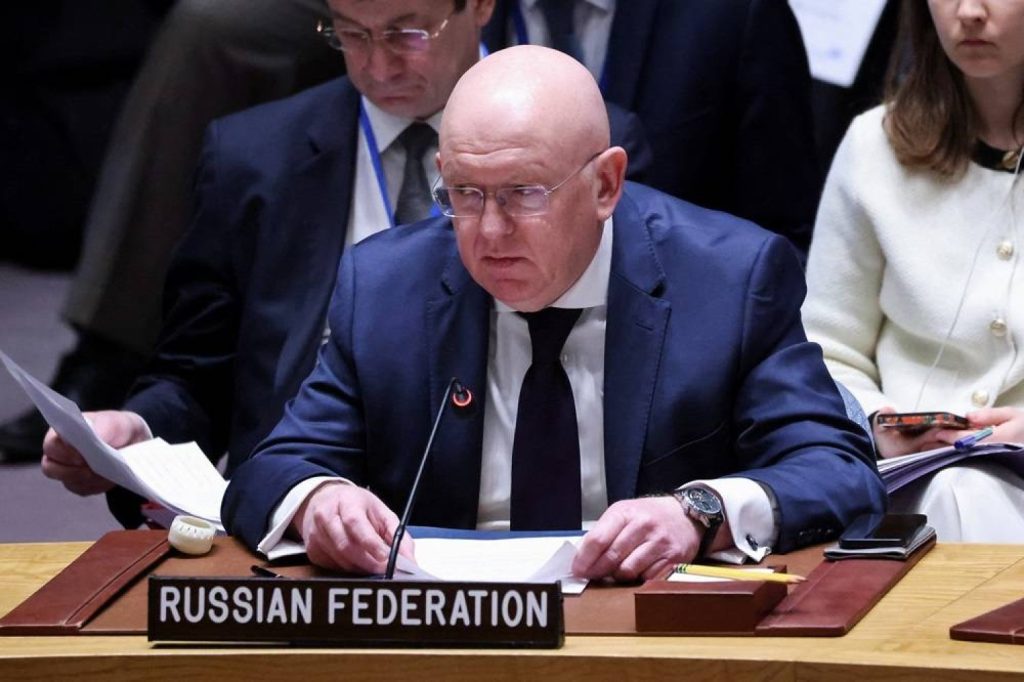Russia’s recent veto of a United Nations resolution has sparked controversy and raised concerns about the effectiveness of sanctions against North Korea. This article explores the implications of Russia’s decision to abolish the monitoring of UN sanctions, the geopolitical dynamics at play, and the potential consequences for regional and global security.
Understanding the Context: The United Nations Security Council has been instrumental in imposing sanctions on North Korea to curb its nuclear program and prevent proliferation of weapons of mass destruction. These sanctions are aimed at pressuring North Korea to comply with international norms and engage in diplomatic efforts for denuclearization. However, Russia’s veto effectively halts the monitoring of these sanctions by UN experts, raising questions about the future of efforts to address North Korea’s nuclear ambitions.
Geopolitical Motivations: Russia’s decision to veto the resolution has drawn criticism from Western nations, which accuse Moscow of shielding its own interests and undermining efforts to enforce sanctions. There are concerns that Russia may be seeking to maintain its military cooperation with North Korea, potentially supplying weapons that could escalate regional tensions. Moreover, Russia’s actions may be influenced by its broader geopolitical rivalry with the United States and its allies, exacerbating existing tensions on the Korean Peninsula.
Impact on Regional Security: The veto by Russia has significant implications for regional security dynamics, particularly in Northeast Asia. North Korea’s continued development of nuclear-capable missiles poses a direct threat to neighboring countries such as South Korea, Japan, and the United States. The absence of effective monitoring mechanisms could embolden North Korea to further advance its nuclear program and engage in provocative actions, destabilizing the region and undermining efforts for peace and stability.
Challenges to Diplomatic Efforts: The veto also presents challenges to diplomatic efforts aimed at resolving the North Korean nuclear crisis through dialogue and negotiation. With the monitoring of sanctions compromised, the international community may struggle to maintain pressure on North Korea to engage in meaningful denuclearization talks. Moreover, the breakdown of multilateral cooperation within the UN Security Council undermines prospects for finding diplomatic solutions to regional security challenges.
Addressing the Fallout: In response to Russia’s veto, there is a need for concerted diplomatic efforts to address the fallout and uphold the integrity of the sanctions regime against North Korea. The international community must reaffirm its commitment to enforcing sanctions and preventing any illicit activities that enable North Korea’s nuclear program. This may require alternative mechanisms for monitoring and compliance verification, as well as diplomatic engagement with key stakeholders to address underlying geopolitical tensions.
The veto by Russia on UN monitoring of North Korea sanctions represents a setback in international efforts to address one of the most pressing security challenges of our time. As the situation continues to evolve, it is imperative for the international community to remain vigilant and resolute in its commitment to denuclearization and regional stability on the Korean Peninsula. Only through sustained cooperation and diplomatic engagement can lasting solutions be achieved to mitigate the risks posed by North Korea’s nuclear ambitions.
